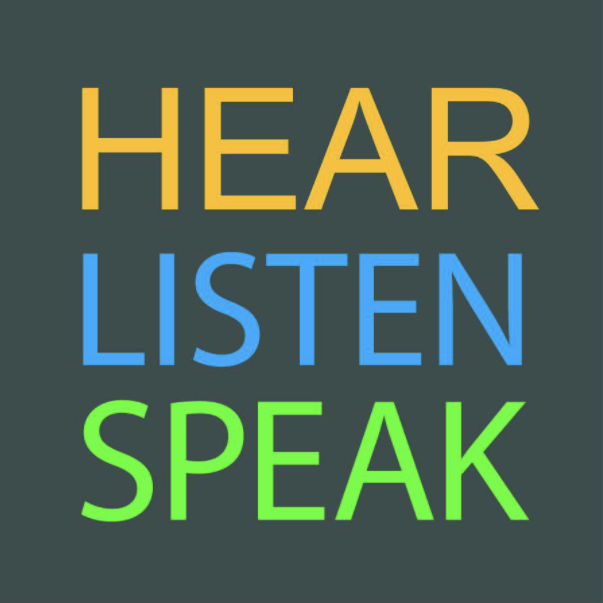When most people start learning a new language as adults, one of the first things they do is look at written words.
I’m here to tell you that this is actually a big mistake, and will only make it harder for you to develop a great accent and understand native speakers when they talk fast.
*Important note: This mostly applies to languages that use the same alphabet as your native language(s). It’s less applicable to other alphabets and doesn’t apply to character-based writing systems (but 100% applies to transliterations such as Pinyin).
First of all, let’s start by thinking about what writing systems actually are and how they work.
All natural human languages that have evolved over uncountable years are primarily auditory media – the spoken language existed first and foremost, on its own for the vast majority of linguistic history.
Over time, as societies evolved and became more complex, people started wanting to record language physically, whether to keep track of records and rules or preserve someone’s words.
And thusly, writing came into being.
There are many different ways to record language, from pictograms to syllabaries to characters to alphabets.
The focus of this article is on alphabets, which contain various letters, each of which represent a sound (or multiple sounds), and where specific letter combinations or accents can modify these sounds.
Some languages are much more phonetic than others, meaning that their sounds align closely with their letters, and vice versa. Hungarian and Italian are examples of very phonetically spelled languages.
But across different languages, letters are used to represent very different sounds, which trips up speakers of other languages all the time. This makes it harder for them to hear, understand, and speak a new language.
Let’s take for example the letter R. In English, it represents only one or two sounds (which differ depending on your dialect) – which is great, until it comes time to learn another language that also uses the Latin alphabet.
Among the languages I speak, this single letter R can represent at least seven different sounds!
And when you’ve spent your entire life only associating this letter with a specific sound, it’s extremely difficult to break this strong bond that’s been reinforced countless times.
This is the exact reason why, for example, the “American R” is so prominent in the accent of Americans speaking other languages.
The problem is not necessarily that we’re incapable of pronouncing these other sounds – in fact, the “single Spanish R” is a sound that exists all over the place in American English (it’s the consonant between vowels in words like butter, ladder, & whatta).
No, the issue here is that once we see these foreign words written with the same letter R that we’ve spent a lifetime pronouncing a certain way…
It’s extremely, extremely difficult to break that link.
I’ve taught many people to pronounce a word perfectly by repeating it after me, only to have them fall back into a foreign accent the moment they see that very same word written.
So what are we to do?
Well, when first starting out learning a new language, I strongly recommend actively avoiding the written words.
Yes, you read that right.
Instead, give yourself a good healthy dose of audio exposure, listening to music you enjoy for example.
Pay close attention to all of the sounds that you hear, exposing your ears to them, training your brain to recognize them, and getting yourself used to this new inventory of sounds.
Don’t expect this to be a quick or easy process, but I believe that it’s incredibly important and far too often ignored. And always make sure that you’re having fun with everything you do!
Eventually, with enough audio exposure, you will be ready to start learning to read in your target language!
Just always remember to pay careful attention to the sounds you hear first and foremost, and afterwards associate them with the letters that are used differently in your target language.
Even after sufficient training, it can be really easy to slip back into pronunciation based on your native language(s).
So keep a sharp ear, pay attention to what you hear, and let the written words come later!
I once gave an entire presentation on this very topic which goes way more in-depth, check it out if you’re interested!
